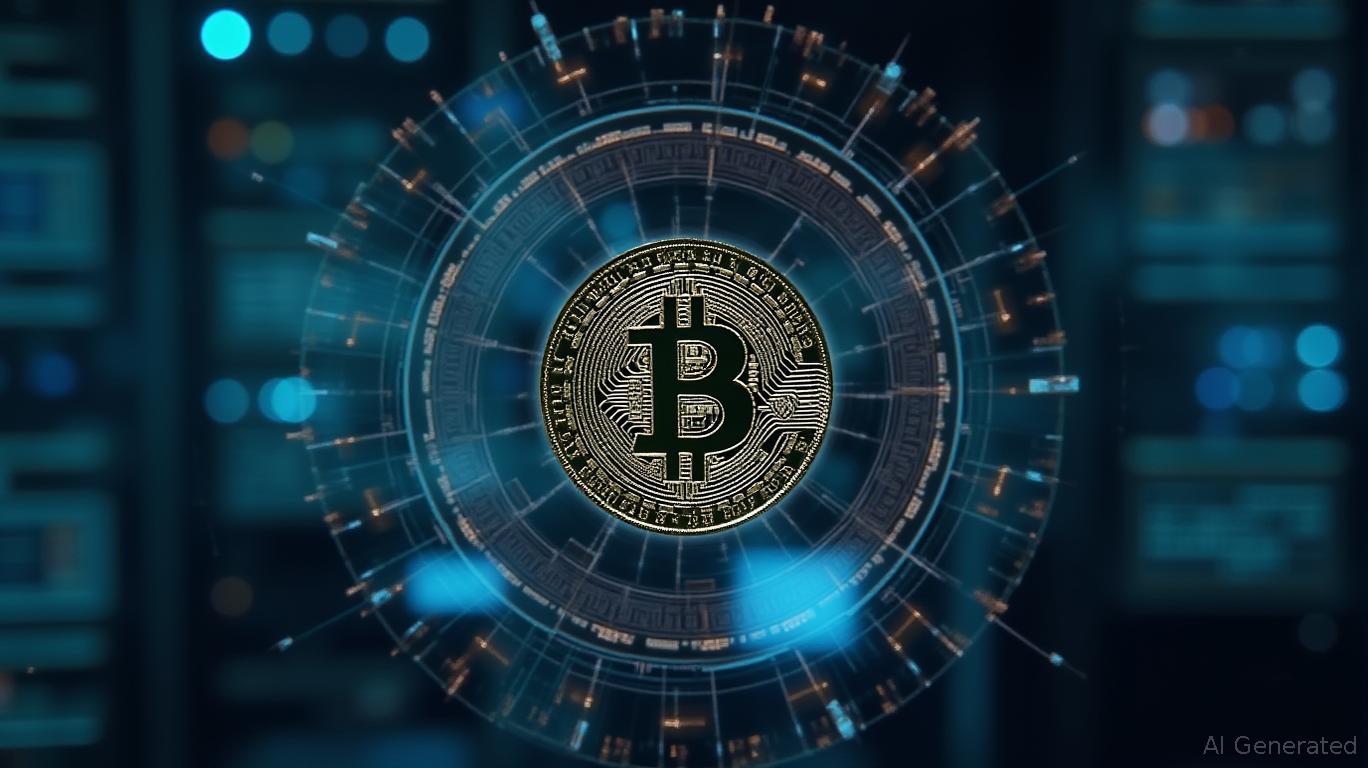On October 24, 2025, Thailand's Securities and Exchange Commission (SEC) collaborated with the Cyber Crime Investigation Bureau (CCIB) to carry out a coordinated raid on an
iris
scanning center associated with World, the digital identity initiative led by OpenAI CEO Sam Altman (previously known as Worldcoin). Authorities targeted the site over suspicions of unauthorized distribution of
WLD
tokens—the platform’s native cryptocurrency—via biometric verification centers,
as reported by Coinotag
. With 102 such scanning facilities active across Thailand, the project is under increased regulatory examination as officials assess whether exchanging tokens for iris scans breaches local digital asset regulations,
according to a Lookonchain update
.
This operation highlights the mounting regulatory hurdles for ventures merging blockchain technology with biometric identification. World’s system employs orb devices to authenticate users through iris scans and allocates WLD tokens in regions where it asserts compliance with local laws,
Cointelegraph reported
. Nevertheless, Thai authorities contend that the service lacks the required licenses and may be in violation of national digital asset statutes. The SEC has confirmed the apprehension of individuals involved in the unauthorized token exchange, demonstrating a strict approach to regulatory enforcement.
Worldcoin asserts that its token distribution is limited to areas "where laws allow," with requirements based on location and age,
according to CryptoView
. The company distances itself from responsibility for secondary trading of WLD tokens, yet faces scrutiny over the scope of its operations. Tools for Humanity, the organization behind the project, has not addressed questions regarding the raid, leaving its legal position unclear, as Cointelegraph noted.
This event reflects a wider trend of regulatory action against
Worldcoin
. In May 2023, the project suspended activities in Indonesia amid licensing probes, and authorities in Germany, Kenya, and Brazil have also expressed concerns about biometric data protection, CryptoView reported. The Thai enforcement adds to a series of global interventions, underscoring the legal complexities such projects must navigate.
For cryptocurrency participants, the incident serves as a reminder of the dangers tied to unregulated digital asset dealings. Regulators emphasize the necessity of adhering to legal standards to safeguard consumers and uphold market stability. As Thailand’s SEC pursues its investigation, the results may influence future regulatory approaches to biometric-based crypto initiatives in Southeast Asia and elsewhere, Coinotag reported.
